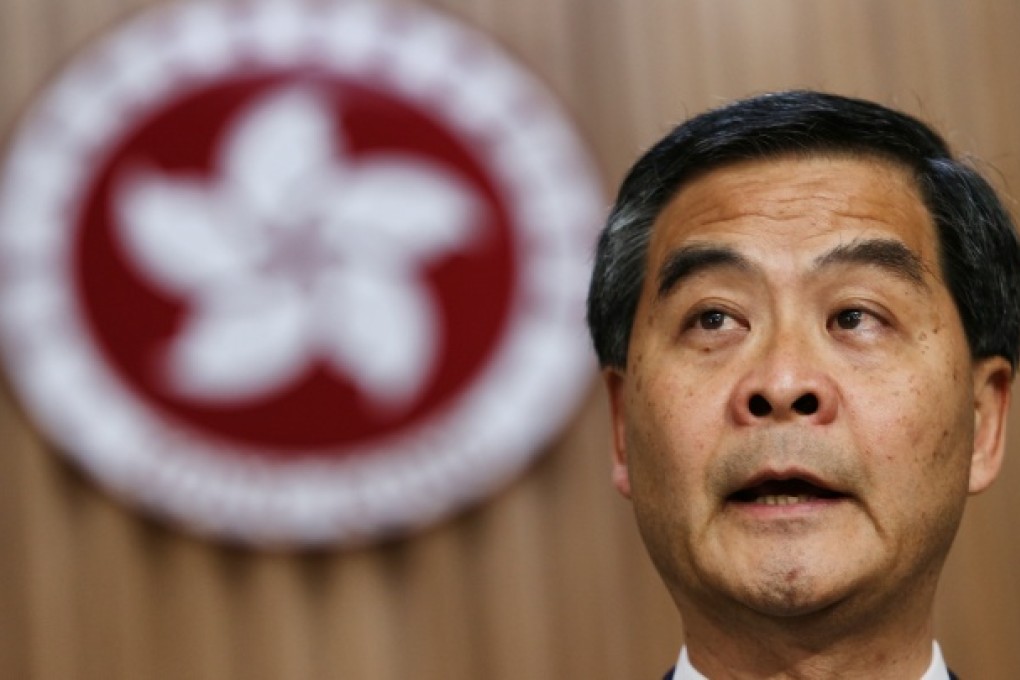Party politics an irreversible step towards democracy in Hong Kong

The question of whether Leung Chun-ying has fallen out of Beijing's favour has been laid to rest, at least for the time being. Amid growing speculation fuelled by a series of political scandals, a top mainland official has rejected suggestions that the embattled chief executive would be ousted. The official instead urged the community to rally behind him. The remarks are the clearest sign yet that Leung still has Beijing's support.
Whether or not Beijing should replace the chief executive is irrelevant in the current political context. While a new face may bring a change in style or direction, there is no guarantee of a reduction in controversies. As long as the political structure is unchanged, he or she would face the same predicament. Changes of stewardship over the past 15 years proves that whoever is at the helm, Tung Chee-hwa, Donald Tsang Yam-kuen and now Leung, is beset with the same difficulties.
The fundamental problem is that the chief executive is not allowed to be a political party member. Without guaranteed support in a legislature filled with an array of factions, he has to woo support on a case-by-case basis. The emphasis on a so-called executive-led administration fuels further conflict, with lawmakers more likely to criticise or oppose rather than give unquestionable support. Tension rises whenever a general election nears. Even government-friendly parties will not throw their weight behind the chief executive if his proposals are unpopular. The situation is expected to worsen in the run up to the implementation of universal suffrage for the chief executive and Legco elections in 2017 and 2020 respectively.
The way out, therefore, is to further develop party politics. Like it or not, political parties, despite the lack of official recognition and statutory regulations for years, have become an integral part of the system. Instead of maintaining the status quo, which is clearly unsustainable in the long run, a better approach would be to engage parties in governance. Allowing the future chief executive and his team to come from a party with enough votes in the legislature would be a breakthrough.
But legitimising parties in governance is a big step for Beijing. It may still prefer the executive-led model, or just count on the business sector's support as in the past. The impact of Hong Kong's party politics on the mainland is also understandably a major concern. But party politics is an irreversible step towards democracy. A rethink on the political system is needed.